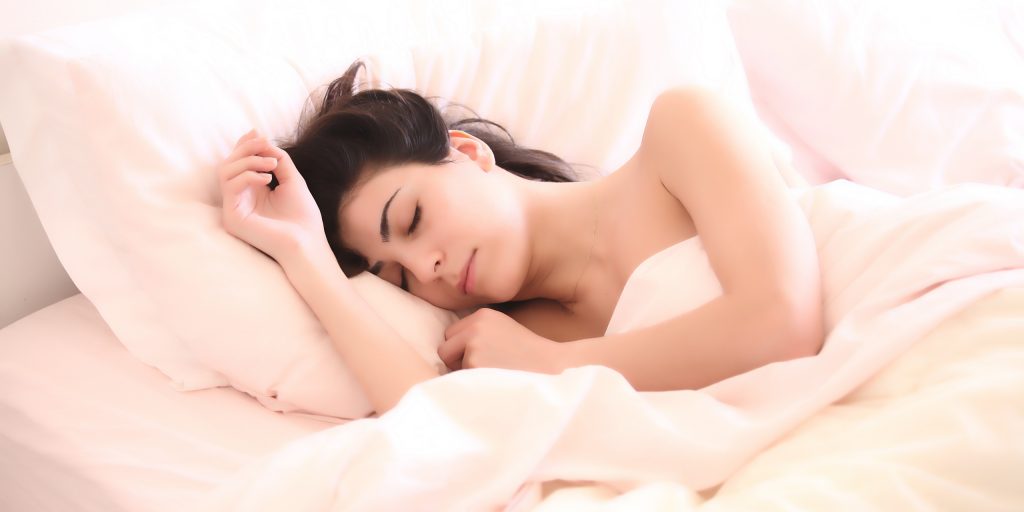
Articles
The Secret to a Happy Holiday: Create a Plan to Reduce Stress and Improve Sleep
There’s a reason you’re seeing more stories about the ways holiday stress impacts your health. While stress about COVID-19 has…
Introducing SleepScore
We deliver accurate data, actionable insights, personalized coaching and proven outcomes your customers need.
Sleep Insights
Last Published on 6th December 2020 by SleepScore Labs

While all sleep stages are important, rapid eye movement or REM sleep plays a critical role in processing and storing information, allowing you to retain memories and lock down what you’ve learned during the day. Named for the distinct, rapid movements the eyes make during this part of sleep, REM helps boost creativity and mood during the day, making it a very important stage to achieve each night. Many people don’t realize that sleep is actually a very active process. REM is the stage of sleep when your brain is usually the most active, functioning at a level that is similar to being awake.
Most of us require between 90 and 110 minutes of REM sleep each night, but it can be an elusive sleep stage to reach sometimes. Why is that? In this article, we’ll explore a few possible scenarios for why REM sleep might be escaping you, as well as some tips to up your minutes in REM sleep, so your mind feels rejuvenated and refreshed in the morning.
Want to know how much REM you’re getting? Try tracking your sleep using the SleepScore App (it’s free)! You’ll be able to see how many minutes you were in REM sleep — as well as other fascinating details about your sleep each night plus personalized advice to help you get better sleep!
While the science of sleep has more to discover, studies provide a few possible explanations for why people might not be getting enough REM sleep.
Having a few alcoholic beverages in the evening could be contributing to your lack of sufficient REM. Alcohol has been found to reduce overall REM sleep as well as delay the first REM cycle. Nicotine is another possible reason. Not getting enough physical activity could also play a role; one study found that regular exercise had a positive effect on the research participants’ REM sleep.
The answer is not always clear, but if one of these possible causes resonates with your own situation then resolving it might be the solution to getting a healthier amount of REM sleep.
There are many things you can do to improve your sleep, including REM. To increase your time in the REM stage, you’ll need to think about your sleep cycle as a whole. These tips will help you gain improved sleep and a brighter tomorrow.
No two sleepers are the same. We all have different challenges in life that can influence our nightly rest. You can take proactive steps like these to improve your sleep health. You may just find yourself getting the necessary REM sleep your mind needs!
Get the free SleepScore App for insights on how well you sleep, the quality and quantity of your sleep cycles, and sleep improvement progress with science-backed tips and insights. Download it for free from App Store or Google Play Store.
Sweet dreams!